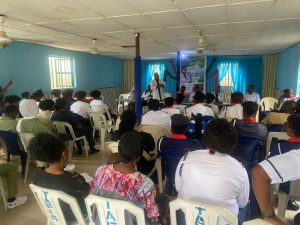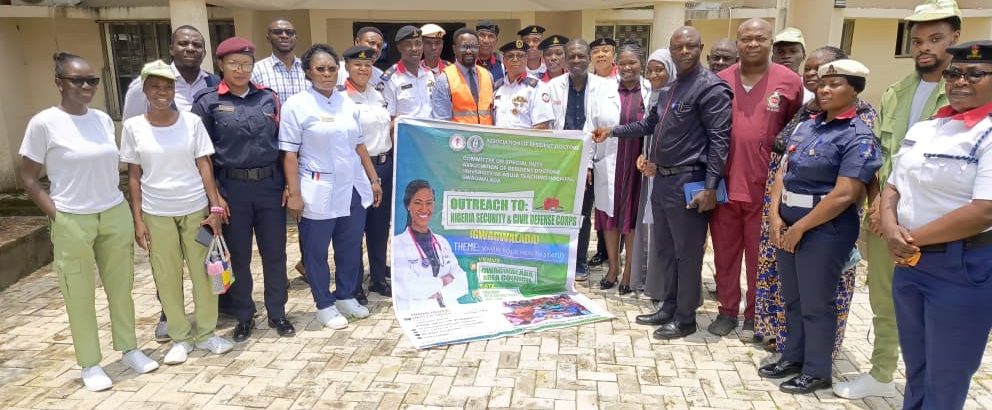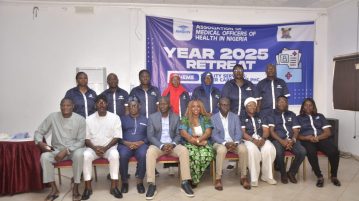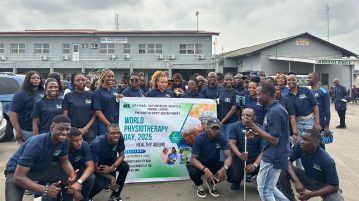In a bid to promote preventive healthcare and improve access to essential medical services, the Association of Resident Doctors at the University of Abuja Teaching Hospital (ARD-UATH) carried out a comprehensive medical outreach for officers of the Nigeria Security and Civil Defence Corps (NSCDC) in Gwagwalada on August 19, 2025.
This initiative, spearheaded by ARD-UATH’s Committee on Special Duty, was held at the NSCDC Command headquarters and drew participation from over 59 officers, as well as staff from the neighbouring Gwagwalada Area Council Office.
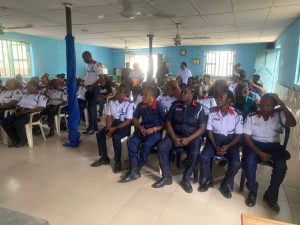
The day began with an interactive health talk, emphasizing the pillars of a healthy lifestyle – balanced nutrition, regular exercise, stress management, and the avoidance of harmful substances – with participants encouraged to prioritize routine medical check-ups. Officers were also given the opportunity to ask questions and dispel common health myths.
The outreach focused on three core objectives: educating officers on lifestyle changes, conducting basic medical screenings, and offering consultations for both general and gynaecological health concerns.
Medical screenings conducted during this outreach included blood pressure checks, random blood sugar tests, hepatitis B surface antigen screening, and body mass index (BMI) assessments. These tests aimed to identify early warning signs of hypertension, diabetes, viral hepatitis, and obesity.
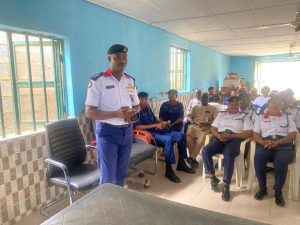
Following the screenings, officers received one-on-one consultations with internal medicine and family physicians. Female officers were also offered gynaecological consultations, focusing on preventive care and reproductive health. Individuals found to have elevated blood pressure, abnormal blood glucose levels, or tested positive for hepatitis B were referred to UATH for further evaluation and treatment.
As Nigeria continues to grapple with the dual burden of infectious and non-communicable diseases, efforts like these underscore the critical role of community-based medical interventions in safeguarding public health – one officer at a time.
Participants expressed deep appreciation for the outreach, noting that the health education session had significantly improved their understanding of preventive practices and lifestyle modification.
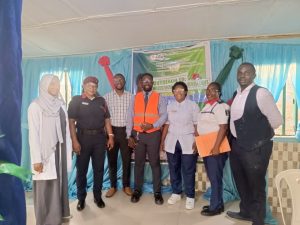
However, organisers faced challenges including limited time and resource constraints, particularly in the availability of test kits and consultation logistics. Despite these hurdles, the outreach was hailed as a success, strengthening ties between ARD-UATH and the NSCDC while contributing to the overall well-being of Gwagwalada’s security personnel.
The Committee on Special Duty recommended that such outreach programs be held regularly to sustain preventive health efforts among uniformed personnel. They also called for expanded partnerships and sponsorships to enable broader coverage and more specialized screenings in future initiatives.
